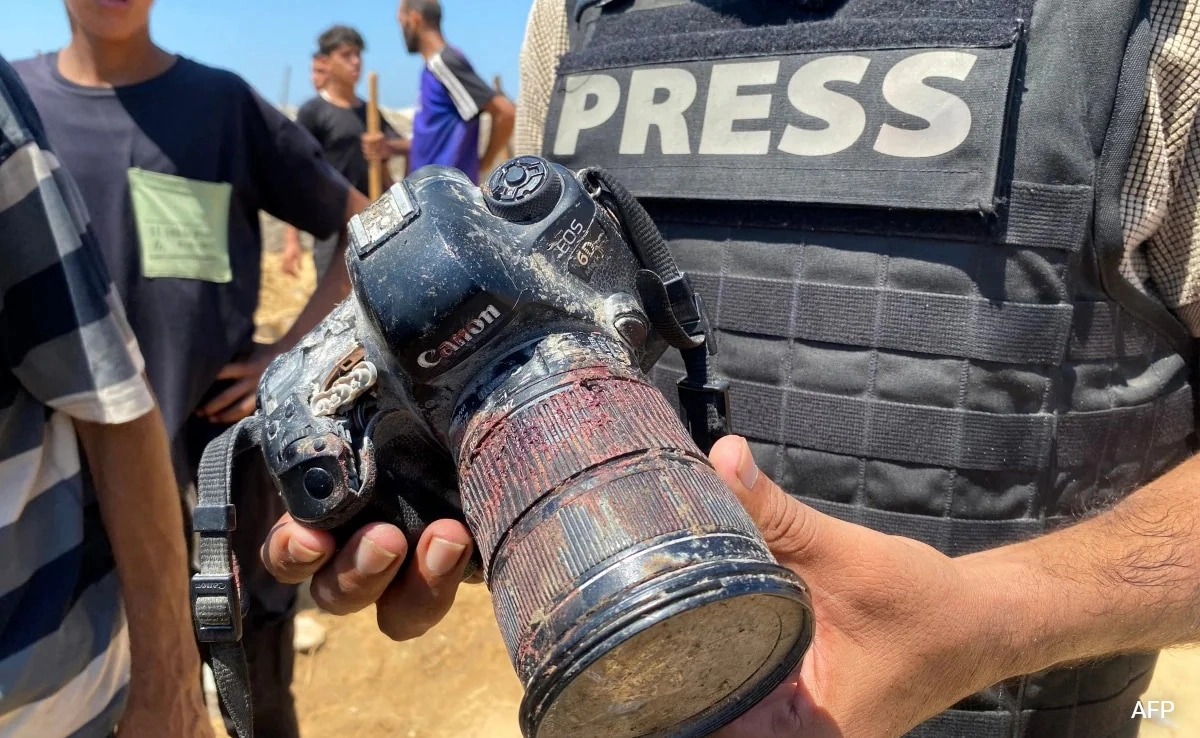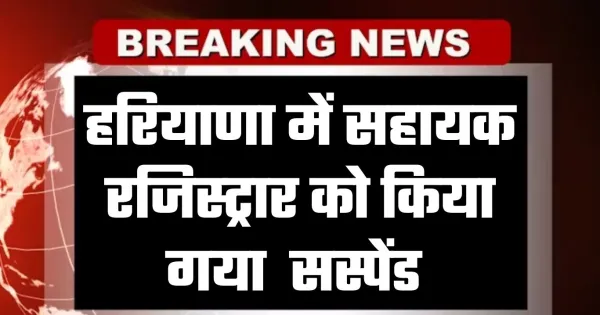The recent escalation of conflict in the region has been marked by a significant airstrike that resulted in the tragic loss of at least 20 civilian lives in Gaza. This devastating incident has intensified the already fraught situation, leading Israeli officials to assert that Hamas initiated this latest wave of hostilities. The airstrike, which occurred amidst a backdrop of ongoing violence, has drawn widespread condemnation and raised urgent questions about the humanitarian impact of the conflict. As the death toll rises, the narrative surrounding responsibility for the violence continues to shift, with each side blaming the other for the ongoing bloodshed.
Israeli military officials have stated that Hamas’s actions in the region have forced Israel to respond militarily, emphasizing the group’s role in perpetuating violence. They argue that the airstrikes are necessary for national security and to protect Israeli citizens from what they describe as relentless attacks orchestrated by Hamas. However, critics and human rights organizations have raised alarms over the disproportionate impact of such military actions on civilians, particularly in densely populated areas like Gaza, where the civilian population often bears the brunt of military operations.
As tensions escalate, the international community watches closely, calling for restraint and urging both sides to seek a path toward de-escalation. The civilian casualties resulting from the airstrike have reignited discussions about the need for a renewed focus on diplomatic solutions to the long-standing conflict. Amidst the chaos, the humanitarian crisis in Gaza continues to deteriorate, with essential services being disrupted and access to basic necessities becoming increasingly limited. The situation calls for immediate action to address the humanitarian needs of those affected while also seeking a sustainable resolution to the underlying issues that have fueled decades of violence in the region.
In this complex landscape, the narrative of who is to blame for the current conflict is deeply intertwined with historical grievances and ongoing political struggles. As both sides prepare for the potential consequences of continued hostilities, the hope for peace remains fragile. The loss of civilian lives serves as a sobering reminder of the urgent need for dialogue and understanding, as communities on both sides of the conflict yearn for stability and a future free from violence.




